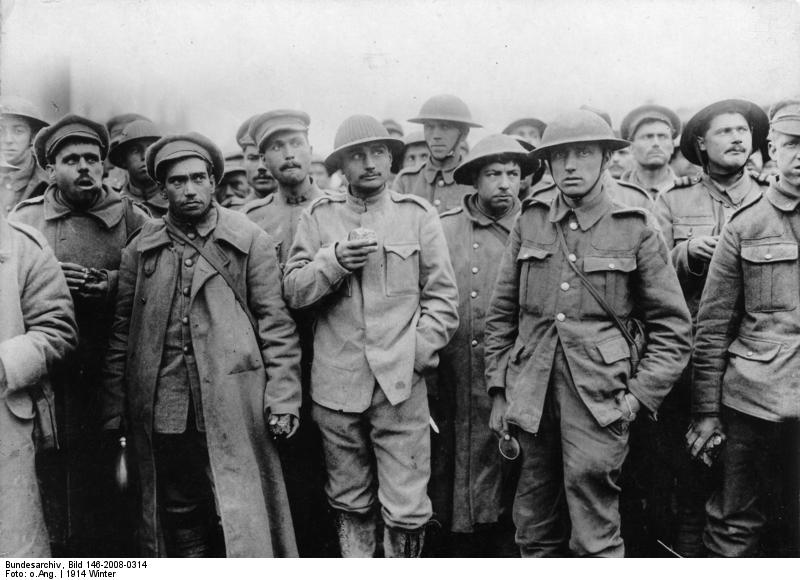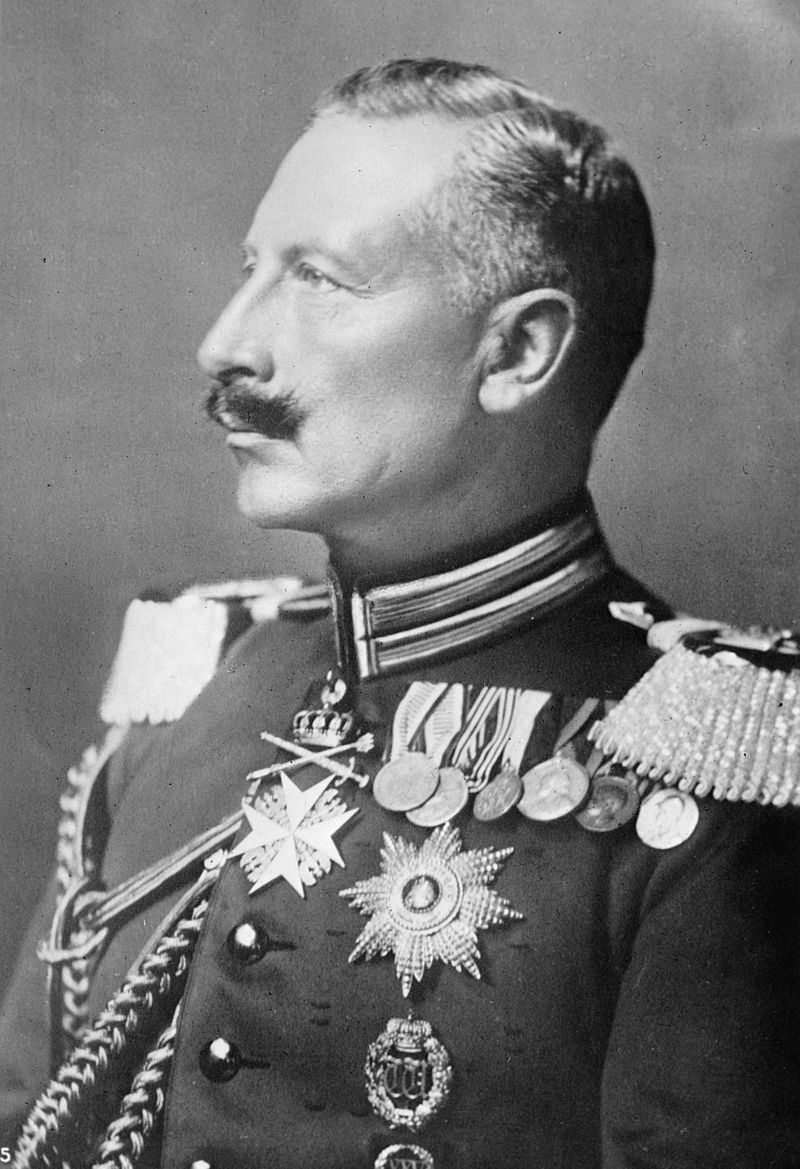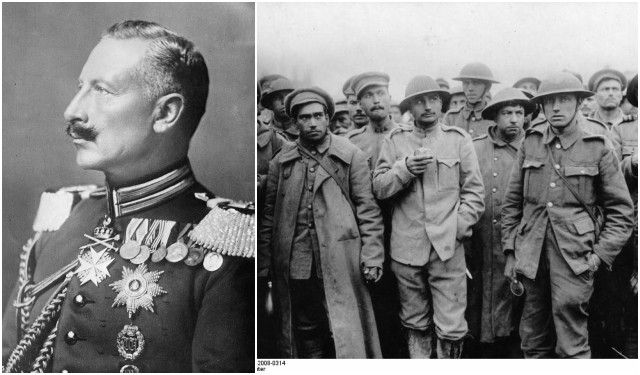In 1903, at the age of 18, Captain Robert Campbell started his career in the British Army. He was leading the First Battalion East Surrey Regiment when World War I started.
In July of 1914, Campbell and the soldiers of the First Battalion East Surrey Regiment were sent to Mons-Conde canal in the northwest of France.
He was captured and seriously injured one week later after an attack by German forces. The Germans took him to a military hospital in Cologne, where he was treated. When he recovered from the injuries he was taken to the prisoner-of-war (POW) camp in Magdeburg, Germany.

We wouldn’t be talking about Captain Campbell if his story wasn’t so unique as it is. Two years after his capture he received word that his mother, Louise Campbell, had cancer and was close to death.
He decided to write personally to Kaiser Wilhelm II, begging to be allowed home to visit her for one last time. He didn’t expect that the Kaiser would agree to such an unusual demand, so he was surprised to hear that the German leader granted his request and allowed him two weeks leave, but under one condition – that he promise to return to the prison camp.
He gave his word and was indeed released. After arriving in England on the 7th of December 1916, he spent a week with his mother at his family home in Gravesend. After that, he returned to Magdeburg as he promised to the Kaiser and was again sent to the POW camp.

Historian Richard van Emden, who uncovered this remarkable example of wartime honesty, told The Times it was a highly unusual agreement even by the most chivalrous standards of the day.
He also added, “Capt Campbell was an officer and he made a promise in his honor to go back. Had he not turned up there would not have been any retribution on any other prisoners.”
In February of 1917, Captain Campbell’s mother died while he was still a prisoner. At that time, Captain Campbell and a group of other prisoners were digging a tunnel out of their camp.
They managed to escape, but they were caught near the border of the Netherlands and sent back.

There is another case on the opposite side where German POW Peter Gastreich was being held at the Isle of Wight when he learned his father was dying.
He then asked for a leave of absence to go seem him, but the British Prisoners of War Department summarily ruled against this.
Capt Campbell was freed from the camp at the end of the war and returned to Britain. He eventually retired from the military in 1925. He again joined his former regiment at the outbreak of the Second World War in 1939. He managed to survive the war unscathed and died in July 1966, aged 81.
